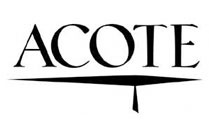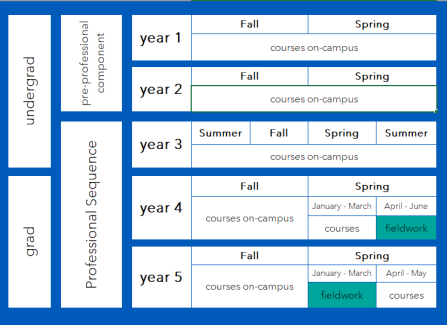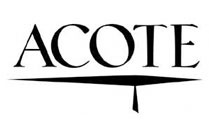Requirements and Curriculum
This table maps the five years of the UB OT BS/MS program. The first two years are the pre-professional Undergraduate sequence and consist entirely of on-campus coursework. The third-year is still undergraduate but the first year of the Professional sequence. The fourth and fifth years are part of the graduate programs and are made up of a mix of on-campus coursework and off-campus full-time fieldwork rotations.
Undergraduate Component
Pre-professional Undergraduate Component
As a freshman, students begin working to complete the UB Curriculum, and begin fulfilling occupational therapy prerequisites in preparation for the professional sequence of the OT program. As part of the School of Public Health and Health Professions, our pre-OT students are able to begin in the public health BS major in the pre-OT track. This allows students who are not accepted into the professional sequence of UB's accelerated OT program to complete a BS in public health at UB, while also completing prerequisite courses that can be applied to other OT programs. Since many OT programs are post baccalaureate programs (we are the only BS/MS OT program in the SUNY system), students would require a bachelor’s degree before being accepted into one of those programs. Starting at UB allows students to complete OT prerequisites within the public health major, while also being eligible to apply to the accelerated BS/MS program at UB.
You can learn more about the pre-professional program through the OT Pre-major Handbook Download pdf(553 KB).
Undergraduate portion of Professional Sequence
Students apply to the professional sequence of the program by January 12 of the year they plan to begin the professional component of the program including students who are re-applying to the program.
The undergraduate portion of the professional program begins in the summer semester of your third year; it continues through the fall and spring semesters of your third year and it concludes at the end of the summer semester of your fourth year. These semesters provide structured learning experiences that integrate theory, research and evidence-based practice, while developing your clinical and professional skills.
Graduate Component
Coursework
Following the successful completion of the undergraduate portion of the program, with a minimum 2.8 program GPA, you will progress to the graduate portion of the program. Students begin the graduate portion of the Occupational Therapy program in the fall semester of their fourth year.
A minimum GPA of 3.0 or higher is required for all graduate semesters.
Coursework in the fall semester of your fourth year will focus on occupational therapy practice skills. Students complete required courses in administration, education, and underserved populations, and also select graduate courses based on their areas of interest.
Fieldwork
During the spring semesters of your fourth and fifth years, you will register for three months of full-time supervised fieldwork experience each year. Our department maintains more than 150 clinical affiliation agreements throughout the United States. Students will choose their fieldwork sites by a lottery system and in consultation with the Academic Fieldwork Coordinator. Students should expect to leave the Western New York area to fulfill this requirement.
Students should note that the graduate component of the professional program includes multiple fieldwork experiences and does not follow the standard university academic calendar regarding semester start dates, end dates, final exams, and recess. Specific information about each semester will be provided at the time of course registration.
Research
The University at Buffalo is an R1, research-intensive university. Students work with faculty actively engaged in research and other scholarly work.
UB OT students in their fourth and fifth year enroll for 8 credits of a graduate research project, and work in small groups with faculty advisors to conduct original research.
Over 16-months, students complete all steps of a research project from proposal through human subjects approval, data collection and data analysis, culminating in a public poster presentation. Students often present their research at state and national conferences, and some go on to publish their work in OT journals and magazines.
Length of Time to Complete Degree
Students must complete all requirements of the professional component of the program, including fieldwork and the graduate master's project, within a five-year time period.
Awarding of Degrees
Students will be awarded the combined BS/MS degree in occupational therapy upon completion of all program and university requirements. If you do not progress to the graduate portion of the program, you may be awarded a bachelor’s degree in occupational science after the completion of additional coursework in related areas.
With the BS/MS combined degree, you will be eligible to take the national certification exam administered by the National Board for Certification in Occupational Therapy (NBCOT).
After successfully completing the exam, you will be a registered occupational therapist (OTR). All states require licensure in order to practice; state licenses are usually based on the results of the NBCOT exam.
A felony arrest or conviction may affect a student’s ability to participate in fieldwork and a graduate’s ability to sit for the NBCOT certification examination or attain state licensure.







